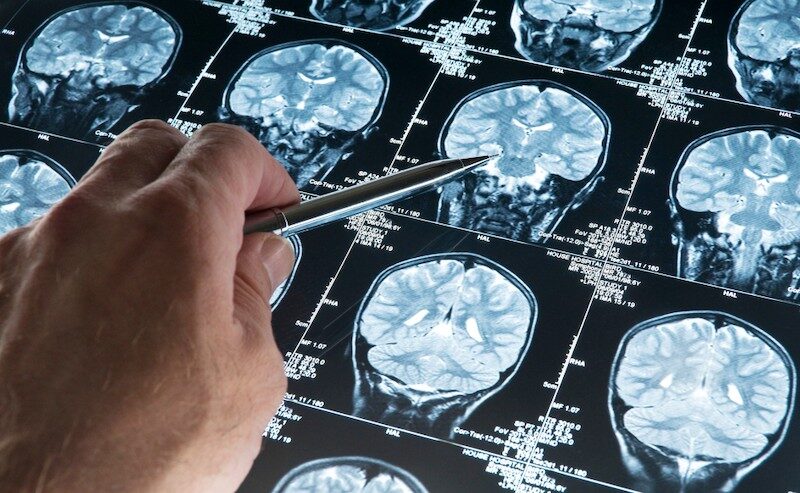
Re-Purposed FDA-Approved Drug Could Help Treat High-Grade Glioma
Avapritinib, an FDA-approved drug used to treat other types of cancer, also decreases aggressive gliomas in animal models and in an initial cohort of patients with high-grade glioma High-grade glioma, an aggressive form of pediatric and adult brain cancer, is challenging to treat given the tumor location, incidence of recurrence, and difficulty for drugs to ...
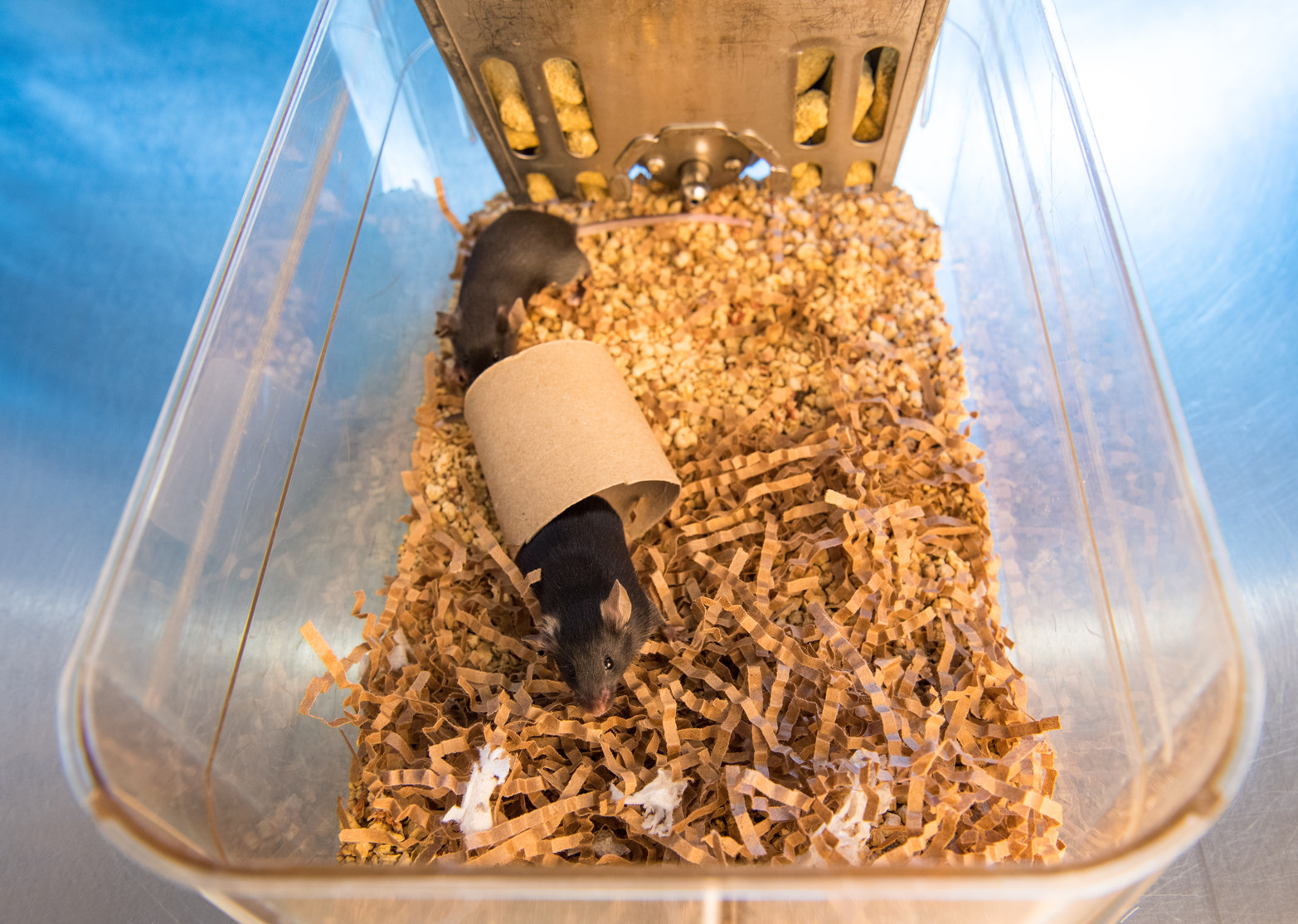
A Treatment-Resistant, Severe Type of Asthma Successfully Modeled in Mice
The model illuminates underlying biology and immune activity of lung cells involved in neutrophilic asthma. A better understanding of inflammation and lung immunity over the past two decades has led to new, innovative treatments for asthma, including biologic therapies. This is especially true for a subtype known as eosinophilic asthma—asthma that’s related to the recruitment ...
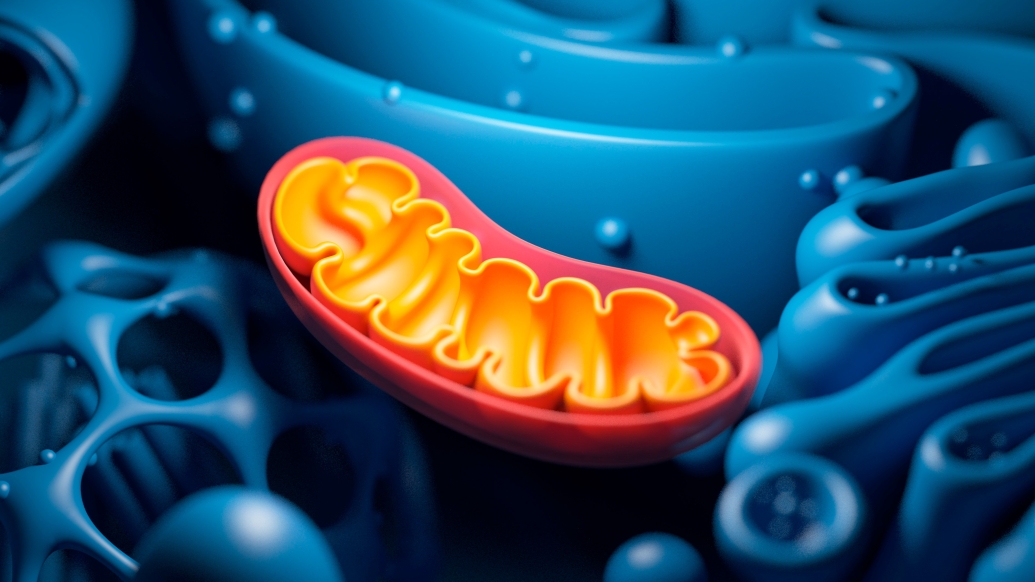
Mitochondria May Hold the Key to Curing Diabetes
In a study published in Science, researchers at the University of Michigan used mice to show that dysfunctional mitochondria trigger a response that affects the maturation and function of β-cells. Mitochondria are essential for generating energy that fuels cells and helps them function. Mitochondrial defects, however, are associated with the development of diseases such as ...
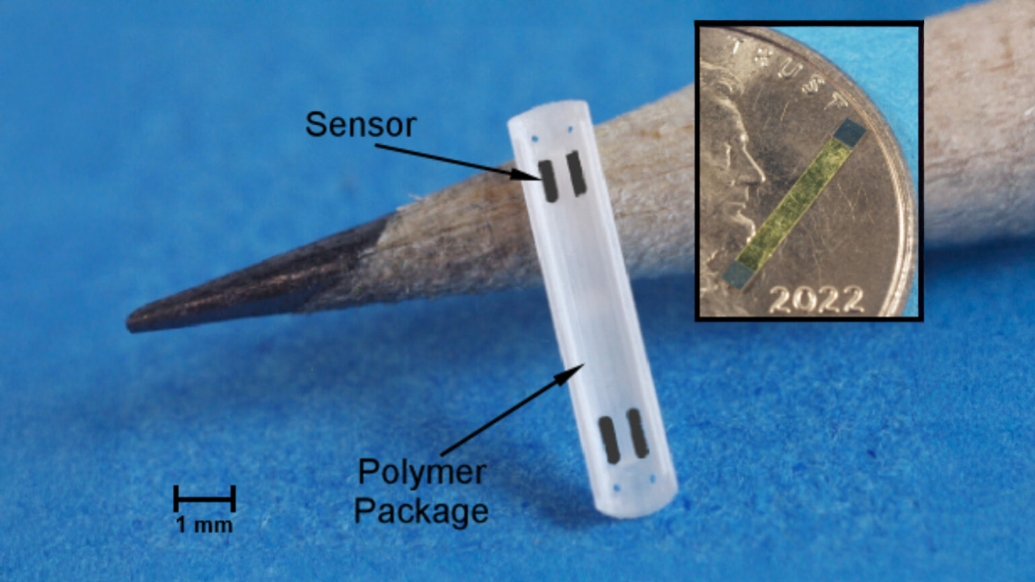
Stent Sensor Can Warn of Blockages in the Bile Duct
New battery-less and wireless sensor tested in pigs. Stents to treat various blockages in the human body can themselves become blocked, but a new sensor developed at the University of Michigan for stents that are used in the bile duct may one day help doctors detect and treat stent blockages early, helping keep patients healthier. ...

Nanoparticles Reprogram Mouse Immune Systems to Cope with Allergens
Treatment suppressed anaphylaxis and reduced gut inflammation after just two intravenous infusions. Two doses of allergen-encapsulating nanoparticles delivered intravenously prevented anaphylaxis during a food allergy test in mice, according to a study led by University of Michigan researchers. The results, published in Advanced Healthcare Materials, offer a potential path to improving the ease of allergy immunotherapies in ...
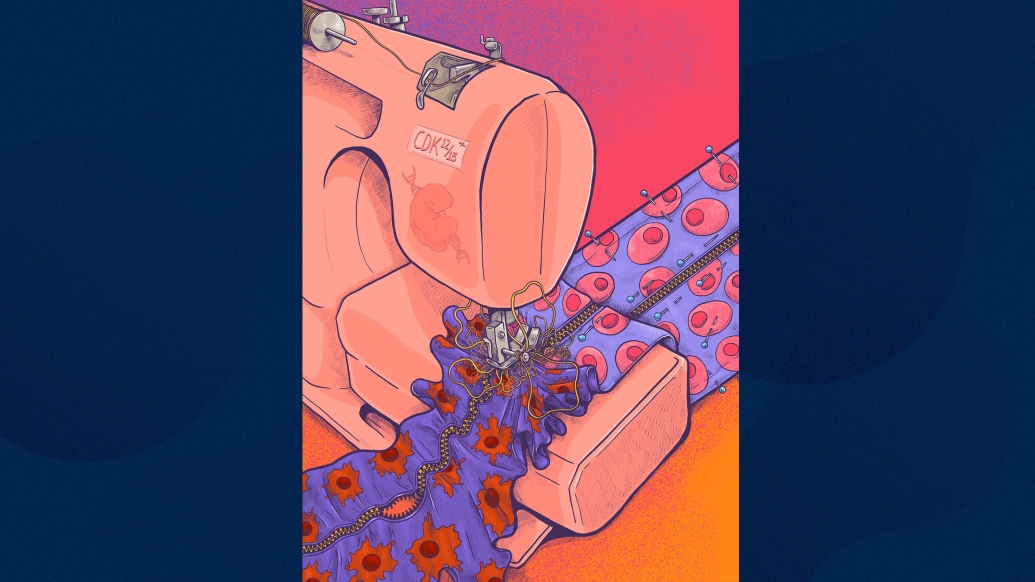
Research Points to Potential New Treatment for Aggressive Prostate Cancer Subtype
In two separate papers, U-M researchers describe how a gene alteration drives prostate cancer and a potential degrader that stops it. When researchers at the University of Michigan Rogel Cancer Center first identified a new subtype of aggressive prostate cancer, they knew they needed to understand how this genetic alteration was driving cancer and how to ...

Researchers Have Determined How Mice Cough, and It Matters for Humans
A team of scientists from the University of Michigan have now mapped the circuit that controls one often-irritating form of exhaling, the cough, using a model organism that was not previously known to exhibit this behavior. Yawns, sighs, regular breath — all these seemingly automated forms of inhaling and exhaling are coordinated by unique neuronal ...
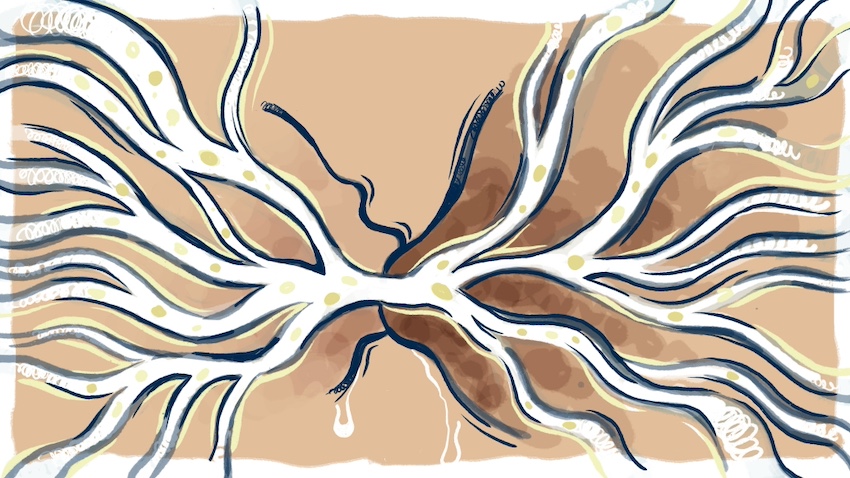
Diet While Breastfeeding Could Be Connected to Baby’s Nutrition
An animal model uncovers an association between critical fats in a breastfeeding individual’s blood, their breastmilk, and the baby’s blood. Breastmilk is widely touted as an important source of nutrition for infants, but there are gaps in understanding how a breastfeeding person’s diet influences the nutrients that get passed on to babies. Now, a recent ...

Creating Supranormal Hearing in Mice
Researchers document the creation of supranormal hearing in mice and investigate the causes of hidden hearing loss in humans. A study from Michigan Medicine’s Kresge Hearing Research Institute was able to produce supranormal hearing in mice, while also supporting a hypothesis on the cause of hidden hearing loss in humans. The researchers had previously used similar methods—increasing ...

New Drug Candidate Blocks Resistance to Cancer Therapies
In mouse models, a first-in-class inhibitor designed to be resilient to adaptive resistance led to tumor regressions and a favorable toxicity profile. A team of researchers at the University of Michigan Health Rogel Cancer Center has designed a molecule that impairs signaling mediated by two key drivers of cancer therapy resistance. The design and preclinical ...
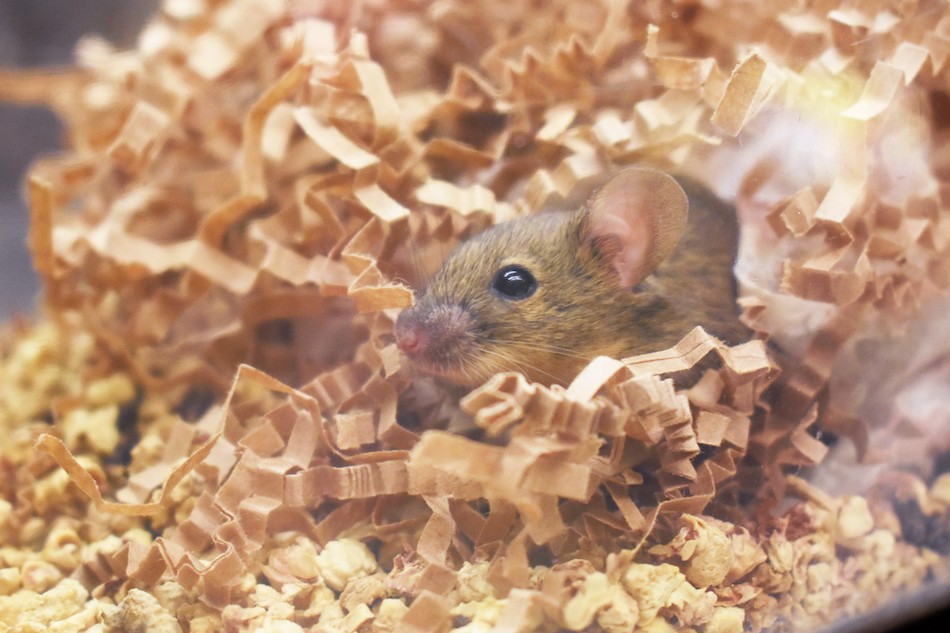
Diabetes and Weight Loss Drugs Could Be Enhanced, Mouse Study Shows
Drugs such as Ozempic and Mounjaro could be given a boost through a network of proteins in the central nervous system. A network of proteins found in the central nervous system could be harnessed to increase the effectiveness, and reduce the side effects, of diabetes and weight-loss drugs such as Ozempic and Mounjaro, according to research ...
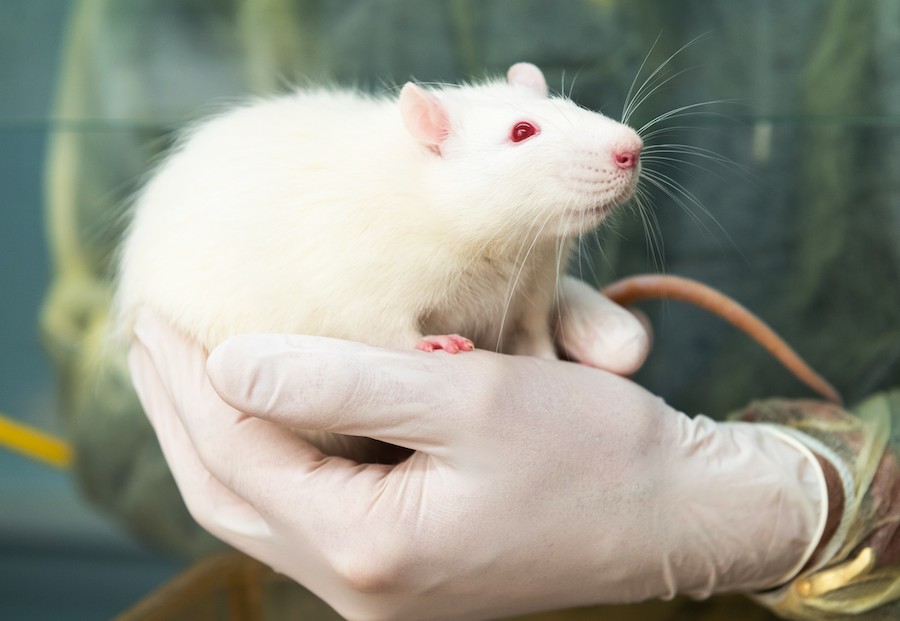
Studies Uncover the Critical Role of Sleep in the Formation of Memories
Sleep—or a lack thereof—has a dramatic effect on neurons in the hippocampus. Imagine you’re a student, it’s finals week, and you’re preparing for a big exam: do you pull an all-nighter or do you get some rest? As many a groggy-eyed person who’s stared blankly at a test knows, a lack of sleep can make ...